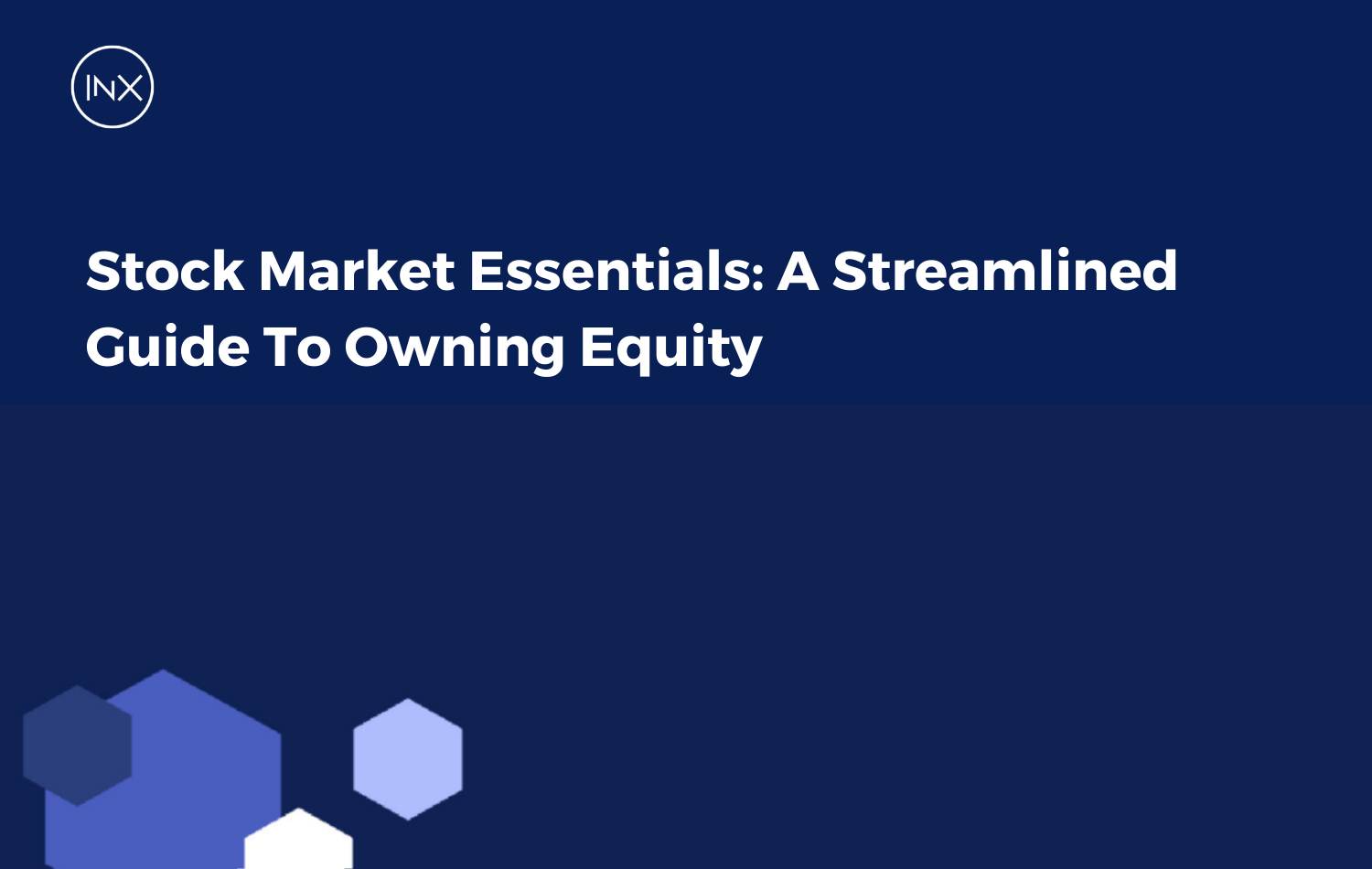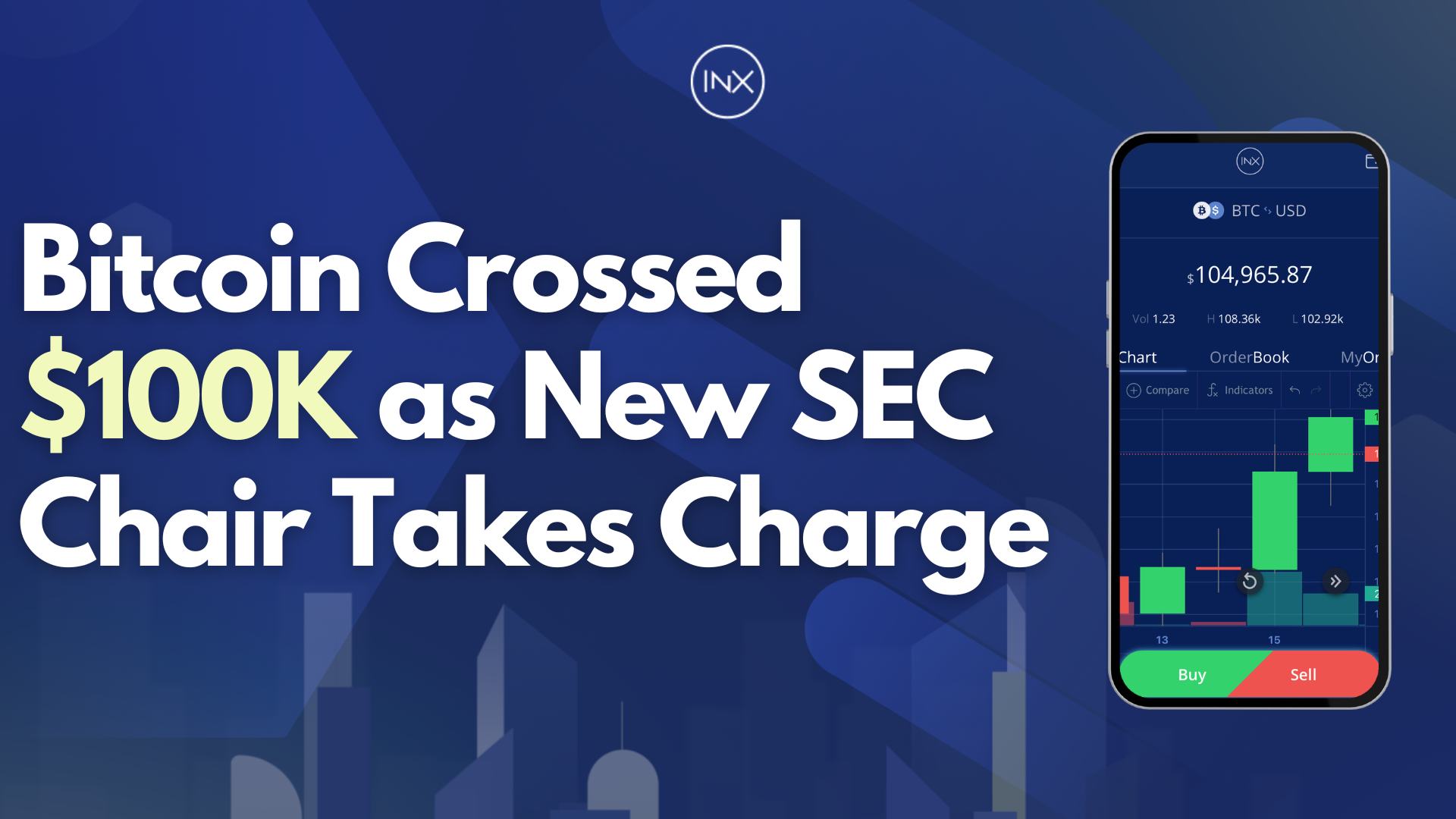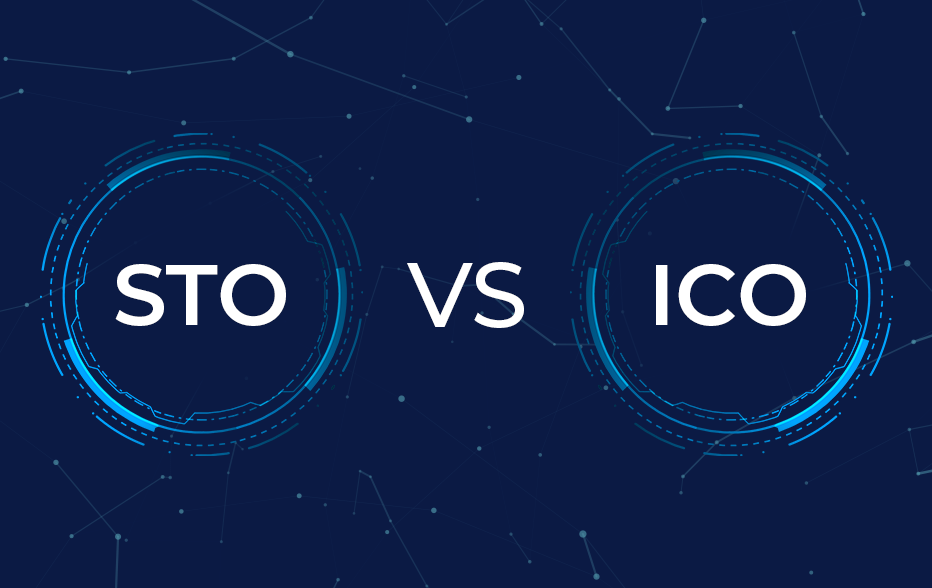Stock Market Essentials: A Streamlined Guide To Owning Equity

Stock markets have served as the beating heart of the economy for close to four centuries. Ever since the Dutch East India Company issued the first joint-stock company in 1602, stock markets have opened doors for businesses to raise funds and investors to build their fortunes. Today, we stand at the threshold of a new phase, as the stock market prepares to integrate groundbreaking blockchain technology and security tokens. This innovative leap promises to redefine the financial landscape as we know it.
What is a Stock Market?
Imagine the stock market as a bustling marketplace where investors come together to trade shares, or equity, in publicly listed companies. Owning equity in a company means you are a part-owner, which could grant you benefits such as voting rights and dividend payments. The action happens on exchanges, which serve as the stage for buyers and sellers to connect. Using an order book system, exchanges match buy and sell orders based on their prices and quantities.
Different Types of Exchanges: National Market Systems (NMS) and Alternative Trading Systems (ATS)
The stock market boasts a variety of exchanges, such as National Market Systems (NMS) and Alternative Trading Systems (ATS), each catering to a different set of assets.
The NMS encompasses major stock exchanges like the New York Stock Exchange (NYSE) and NASDAQ, known for their strict regulations and listing requirements. These esteemed exchanges play host to the trading of shares in well-established, large-cap companies.
Conversely, the ATS provides an alternative trading environment for the exchange of stocks not found on the NMS. This alternative venue is popular for trading shares in smaller, less-established companies and features platforms such as electronic communication networks (ECNs) and dark pools. The core distinctions between these two types of exchanges lie in their regulatory frameworks and the nature of the securities traded.
Digital Asset Platforms As The Future of Stock Markets
Digital assets are revolutionizing the trading landscape with a trio of powerful advantages. First, instant settlement takes center stage, speeding up transactions to lightning-fast speeds, making waiting for trades a thing of the past. Second, the elimination of middlemen cuts out unnecessary intermediaries, streamlining the process and reducing costs. Finally, increased transparency shines a spotlight on transactions, bolstering trust and fostering a more efficient and secure trading environment. This blend of benefits is transforming the way we trade, propelling the financial world into a new era of innovation.
With blockchain at their core, digital asset platforms enable the trading of digital stocks, or security tokens, which represent ownership in real-world assets. INX, one of the few licensed ATS with blockchain expertise, is leading the charge in this space by facilitating the trading of security tokens today. As digital asset platforms, like INX, continue to gain traction, they pave the way for a future where stock markets are more accessible, cost-effective, and secure than ever before.
FAQs about the stock market
What is a stock ticker?
A stock ticker is a unique combination of letters used to identify an asset on an exchange, such as ‘AAPL’ for Apple Inc’s stock and ‘BTC’ for Bitcoin.
Is the stock market open on weekends?
The stock market is only open from Monday through Friday in the daytime hours, and is closed on nights, weekends and public holidays.
How does inflation affect the stock market?
When inflation starts growing, it can set off a chain reaction as it eats away at consumers’ purchasing power. Faced with less disposable income, investors don’t have as much capital to plow into the stock market. Additionally, rising inflation usually triggers interest rate hikes on the part of central banks. The result? Costlier borrowing for companies, which could pump the brakes on economic growth and send ripples through the stock market.
What is market capitalization?
Picture market capitalization, or market cap, as the total of a company’s outstanding shares, reflecting its overall worth. You simply multiply the current stock price by the outstanding shares to get this figure. Market cap offers a nifty way to classify companies by size, like the titans of large-cap, the contenders in mid-cap, and the scrappy small-cap challengers.
What is an initial public offering (IPO)?
An initial public offering (IPO) marks a company’s transformation from private to publicly traded by issuing shares to the public for the very first time.
David Azaraf April 3, 2023
Crypto enthusiast, help businesses plug into the token economy






